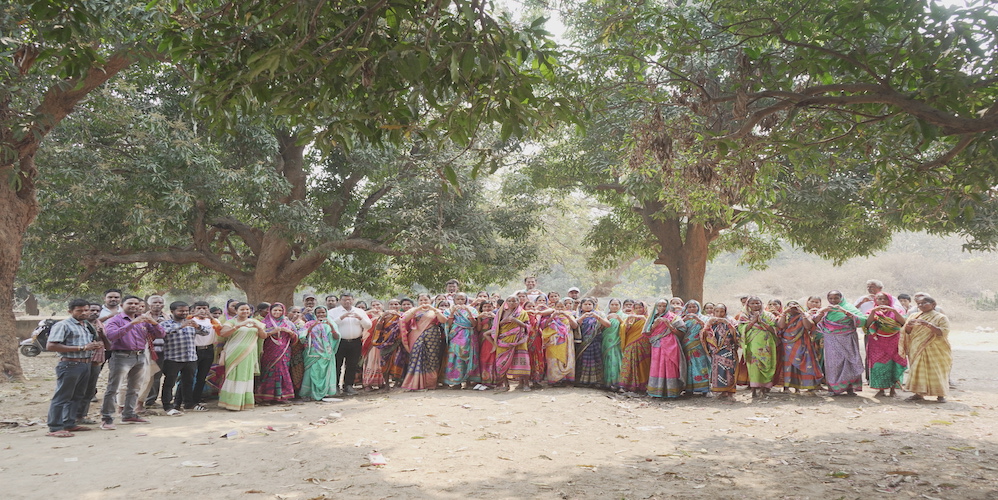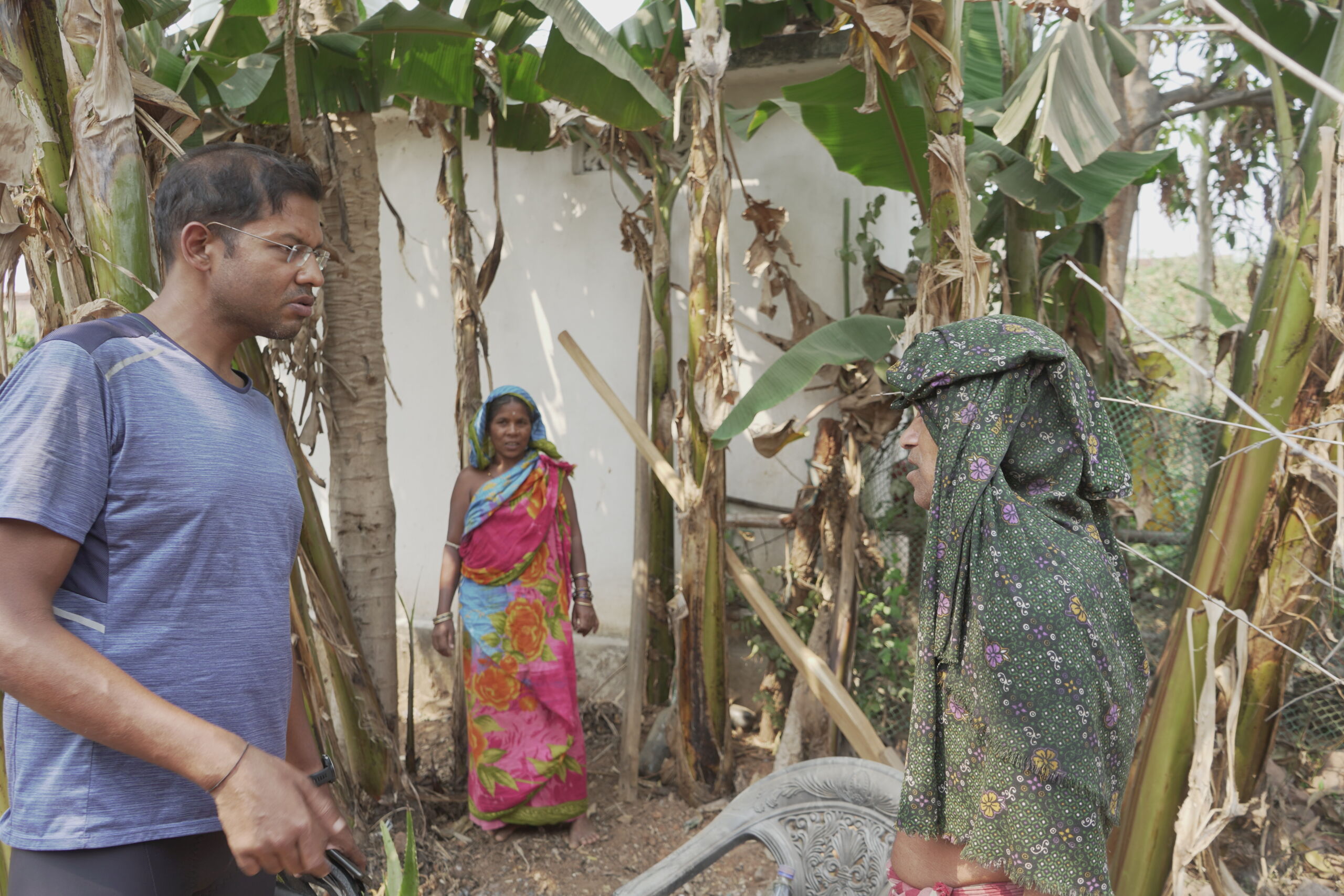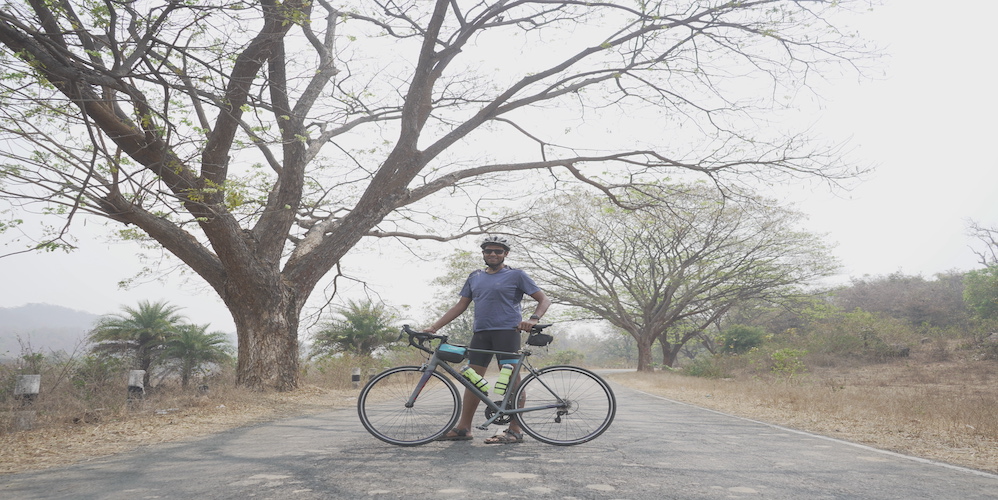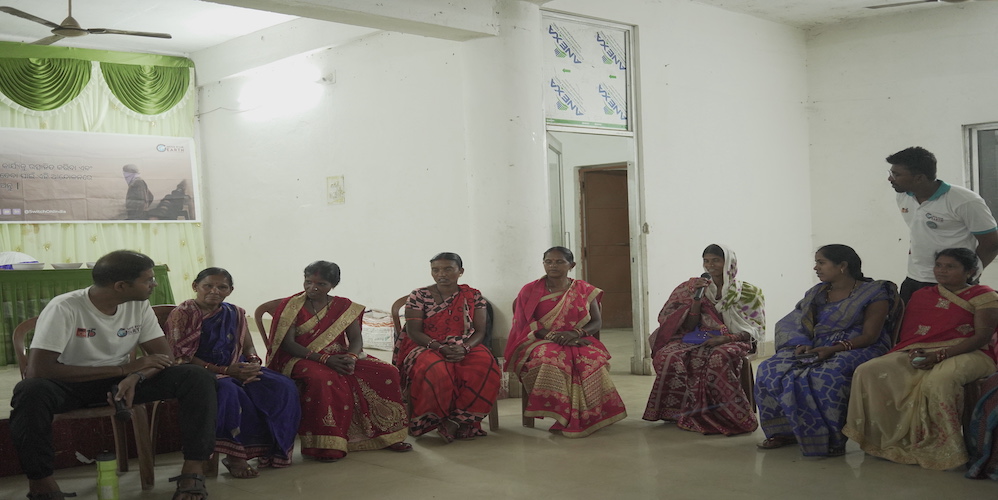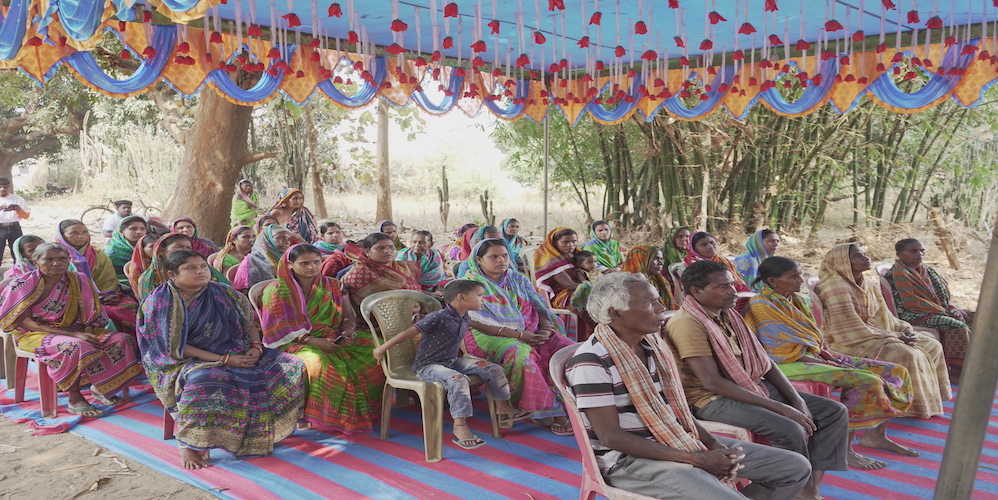
Odisha Day Four | Mar 2: Learning About Indigenous Lifestyles As A Way To Address Climate Change
Day 4 and we’re almost through with the Odisha ride. The time really flies by when I’m on the ground and connecting with different communities. This morning, I cycled from Angul to Nakchi to attend a training and discussion on sustainable indigenous lifestyles. The event was well-attended by many women and men from local villages and tribal groups. The indigenous lifeways of a lot of these groups are unfortunately diminishing. Even so, today, I learned a lot about their different traditional tools and lifestyles, what they’re still upholding, and practices that have vanished in past years. We talked about some of the immediate ways communities in Odisha are experiencing the climate crisis, with every year bringing higher and higher temperatures and an unreliable monsoon. In fact, this past month was the hottest February in India in the past 122 years (since official temperature record-keeping began). Many indigenous lifestyles have different ways of dealing with intense heat and it is important that we, as a society, see the value in these traditional methods and implement them in our day-to-day life. Even on the food front, the communities had a lot of wisdom to share. I had a great conversation with one of the older women who was telling me about how up until her mother’s generation, people in her community consumed a lot of mandia (which is the local name for millet used by several Adivasi groups living in Southern Odisha, Chhattisgarh and Andhra Pradesh). But in the past few decades, millet consumption reduced greatly in these communities. Now, with the recent resurgence of millet as a popular food, I hope that these communities can revive their traditional recipes and can continue accessing this grain that used to be such a big part of their diet.
And this afternoon, I attended yet another millet food product event in Redhakhol. The people in this state are definitely leaning into the International Year of the Millet theme, which I absolutely love! However, reflecting on this day, I’m thinking about many of the indigenous lifeways which have disappeared or are disappearing. These communities hold a lot of knowledge and wisdom and usually already have the solutions needed to address the impacts of climate change that they are experiencing. We need to be uplifting and advocating for more of these solutions and provide communities with the resources and tools to adapt to the climate emergency. I am thankful for today’s events that allowed me to learn more about sustainable, indigenous lifestyles and I look forward to incorporating these solutions more deeply into this work.



